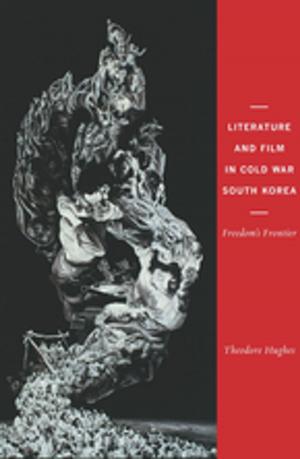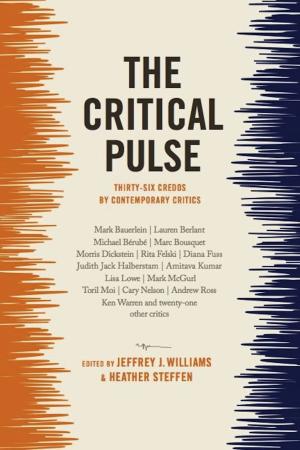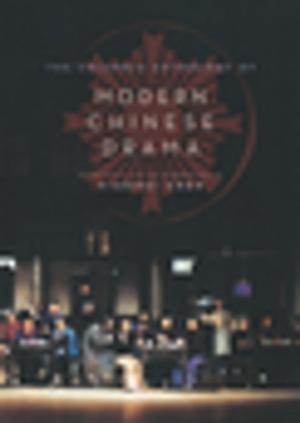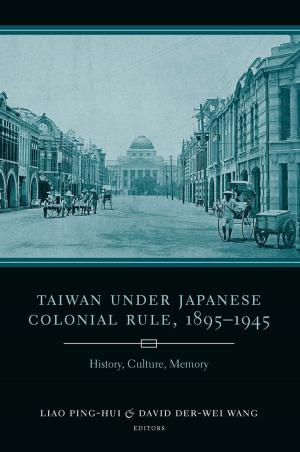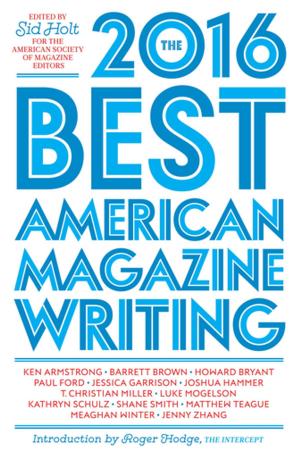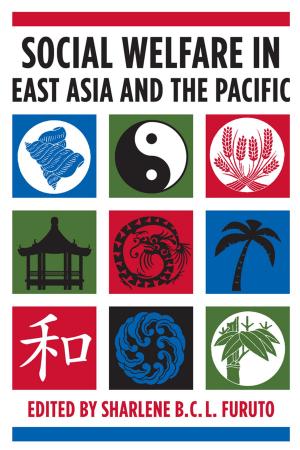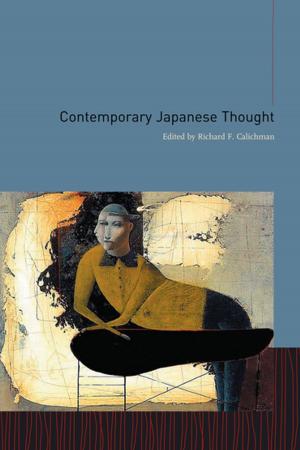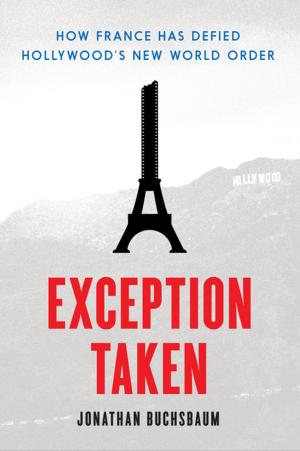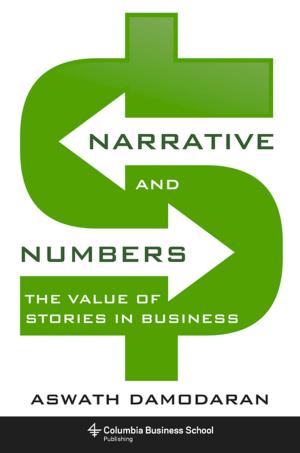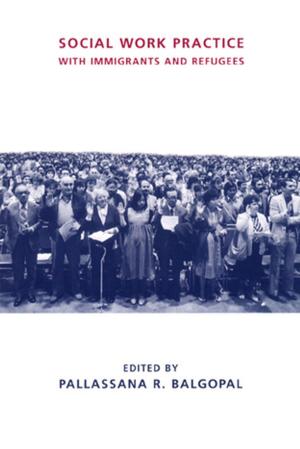How to Read Chinese Poetry
A Guided Anthology
Fiction & Literature, Poetry, Anthologies, Literary Theory & Criticism, Asian| Author: | ISBN: | 9780231511889 | |
| Publisher: | Columbia University Press | Publication: | December 28, 2007 |
| Imprint: | Columbia University Press | Language: | English |
| Author: | |
| ISBN: | 9780231511889 |
| Publisher: | Columbia University Press |
| Publication: | December 28, 2007 |
| Imprint: | Columbia University Press |
| Language: | English |
In this "guided" anthology, experts lead students through the major genres and eras of Chinese poetry from antiquity to the modern time. The volume is divided into 6 chronological sections and features more than 140 examples of the best shi, sao, fu, ci, and qu poems. A comprehensive introduction and extensive thematic table of contents highlight the thematic, formal, and prosodic features of Chinese poetry, and each chapter is written by a scholar who specializes in a particular period or genre. Poems are presented in Chinese and English and are accompanied by a tone-marked romanized version, an explanation of Chinese linguistic and poetic conventions, and recommended reading strategies. Sound recordings of the poems are available online free of charge. These unique features facilitate an intense engagement with Chinese poetical texts and help the reader derive aesthetic pleasure and insight from these works as one could from the original.
The companion volume How to Read Chinese Poetry Workbook presents 100 famous poems (56 are new selections) in Chinese, English, and romanization, accompanied by prose translation, textual notes, commentaries, and recordings.
Contributors: Robert Ashmore (Univ. of California, Berkeley); Zong-qi Cai; Charles Egan (San Francisco State); Ronald Egan (Univ. of California, Santa Barbara); Grace Fong (McGill); David R. Knechtges (Univ. of Washington); Xinda Lian (Denison); Shuen-fu Lin (Univ. of Michigan); William H. Nienhauser Jr. (Univ. of Wisconsin); Maija Bell Samei; Jui-lung Su (National Univ. of Singapore); Wendy Swartz (Columbia); Xiaofei Tian (Harvard); Paula Varsano (Univ. of California, Berkeley); Fusheng Wu (Univ. of Utah)
In this "guided" anthology, experts lead students through the major genres and eras of Chinese poetry from antiquity to the modern time. The volume is divided into 6 chronological sections and features more than 140 examples of the best shi, sao, fu, ci, and qu poems. A comprehensive introduction and extensive thematic table of contents highlight the thematic, formal, and prosodic features of Chinese poetry, and each chapter is written by a scholar who specializes in a particular period or genre. Poems are presented in Chinese and English and are accompanied by a tone-marked romanized version, an explanation of Chinese linguistic and poetic conventions, and recommended reading strategies. Sound recordings of the poems are available online free of charge. These unique features facilitate an intense engagement with Chinese poetical texts and help the reader derive aesthetic pleasure and insight from these works as one could from the original.
The companion volume How to Read Chinese Poetry Workbook presents 100 famous poems (56 are new selections) in Chinese, English, and romanization, accompanied by prose translation, textual notes, commentaries, and recordings.
Contributors: Robert Ashmore (Univ. of California, Berkeley); Zong-qi Cai; Charles Egan (San Francisco State); Ronald Egan (Univ. of California, Santa Barbara); Grace Fong (McGill); David R. Knechtges (Univ. of Washington); Xinda Lian (Denison); Shuen-fu Lin (Univ. of Michigan); William H. Nienhauser Jr. (Univ. of Wisconsin); Maija Bell Samei; Jui-lung Su (National Univ. of Singapore); Wendy Swartz (Columbia); Xiaofei Tian (Harvard); Paula Varsano (Univ. of California, Berkeley); Fusheng Wu (Univ. of Utah)


